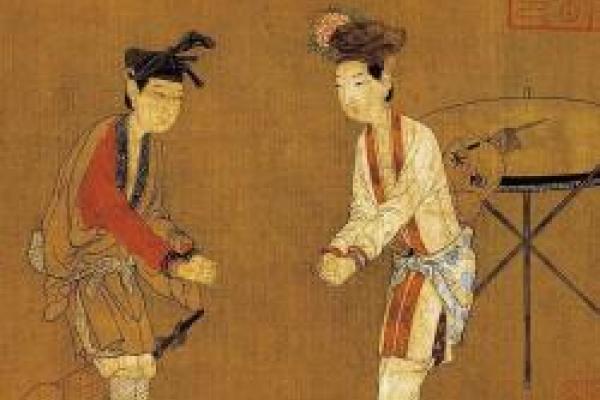
The Institute for Chinese Studies presents:
Wenbo Chang
Georgia Institute of Technology
Title: Redefining Roles: Status, Ethics, and Gender Between Female zaju Performers and Male Literati in the Yuan Dynasty
Flyer: Chang Flyer
Abstract: In the heyday of zaju theater in the Yuan dynasty, there emerged a large number of female zaju performers of excellent skills. Though lowly in social status and morally stigmatized, they attracted many admirers among the social elites, especially literati gentlemen. So, could their relationship be one characterized by mutual respect and appreciation, at least for some of them? If so, what was the foundation of such a relationship? Was it under strong social and moral pressure and, if yes, how did those involved in this kind of relationship cope with that pressure? Moreover, how did it challenge the traditional social and gendered roles of literati gentlemen deeply rooted in Confucianism and, in the long run, modified literati culture? In this talk, I would try to answer these questions by reexamining The Green Bower Collection, a personal memoir of anecdotes about the achievements of more than a hundred courtesan-performers active in the Yuan and their interaction with literati gentlemen. Its author Xia Tingzhi was a wealthy urban literatus profoundly interested in zaju performance. A careful reading of these stories recorded in The Green Bower Collection reveals that existing hierarchical, ethical, and gender boundaries blurred at the intersection of popular performance tradition and elite literati tradition embodied by this new type of relationship between female performers and male literati.
Wenbo Chang received her PhD in East Asian Languages and Civilizations with a concentration in Chinese literature from Arizona State University in May of 2019. Her primary area of research is premodern Chinese drama both as staged performance and in textual form, as well as its social, ritual, political, and intellectual implications. Her dissertation Playing Roles: Literati, Playwrights, and Female Performers in Yuan Theater, investigates how Yuan zaju drama reshaped Chinese culture by bridging the gap between inherently oral popular tradition of performance and the written tradition of elite literati, when traditional Chinese political, social, cultural structures underwent remarkable transformations under alien rule in the Yuan dynasty. In addition, her research interest also include urban space and culture, narrative of the strange and the supernatural, Chinese religions, and ritual studies. Wenbo is also a dedicated teacher. Before joining Georgia Institute of Technology, she taught Chinese literature and classical Chinese at The Ohio State University, and taught Chinese languages courses at all levels as well as content courses at Arizona State University.
Free and Open to the Public
The ICS Lecture Series is supported by a U.S. Department of Education Title VI grant to The Ohio State University East Asian Studies Center.
